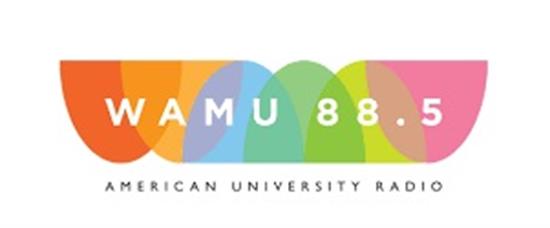LaHood Calls For ‘Reform Board’ To Govern Metro But Stays Silent On Funding
Washington,
August 29, 2017
Martin DiCaro Five months after Virginia hired him to craft a regional consensus around Metro governance reforms and funding needs, former U.S. Transportation Secretary Ray LaHood is recommending that the WMATA board of directors shrink to five members who are solely responsible to the transit system, not the parochial interests of the local officials who would appoint them. On Monday, LaHood delivered a preliminary report on Metro’s labor costs and governance problems at a rare summit of the governors of Maryland and Virginia and the mayor of Washington. His final report is expected in October, the month before the Virginia state elections and just three months before the start of the legislative sessions in Richmond and Annapolis, where the fate of new funding for WMATA will be decided. LaHood’s preliminary report was not released to the public. The two-hour private meeting at Mount Vernon was followed by a news conference where Virginia Governor Terry McAuliffe, Maryland Governor Larry Hogan and D.C. Mayor Muriel Bowser welcomed the recommendation to replace the current 16-member WMATA board with a “temporary reform board,” although it was unclear whether it could be done quickly. “I like the idea, but I don’t know legally how we accomplish it,” said Hogan, who stood shoulder to shoulder with his fellow chief executives at the news conference. To avoid the time-consuming process of reopening the WMATA compact, the Metro board would have to voluntarily downsize itself, officials said. New members would be appointed by the governors and mayor, with the federal representative appointed by the president. The idea drew immediate condemnation from Virginia Congressman Gerry Connolly, because the state’s suburban jurisdictions would be stripped of representation on the new board LaHood envisions. “The fact that it is Virginia’s suburban compact members and not the state government in Richmond who pay Metro subsidies has been dismissed in Secretary LaHood’s report. No one should dictate to them who should represent them on the Metro board,” said Connolly in a statement. The current WMATA board chairman, D.C. Council member Jack Evans, said he was open to the idea, but doubted whether it could be pulled off. Evans has long criticized the board for its “unwieldy” size and parochial jealousies. “In and of itself, it is not in any way, shape, or form a solution to Metro’s problems,” said Evans. “The solution to Metro’s problems is more money.” LaHood provided few specifics during the 25-minute news conference, and the summit produced no breakthroughs on the all-important question of a dedicated funding source for the only subway system in the country without one. In fact, the former transportation secretary declined to even suggest a solution. “I didn’t get into how people should raise the money,” LaHood said. “What we really looked at is what it would take over the next several years to get WMATA back into a position where it has the kind of equipment, and it has the kind of rails, and it has the kind of facilities to make it back to being the Number One transit system in America, which it is not today.” In April, Metro general manager Paul Wiedefeld released a long-range financial plan, which called for an additional $500 million per year over the next decade to bring Metro into a state of good repair and pay for new railcars. Earlier this summer, a special panel at the Metropolitan Washington Council of Governments recommended the region adopt a one-percent sales tax, but the proposal was met with little support in Maryland and Virginia. Monday’s summit appeared to end with the three executives at least in agreement that the transit system’s long-term capital needs are enormous. “The number that we’ve heard is that it’s going to take $500 million over the next 10 years to be in a state of good repair. That doesn’t even account for the growth of this region,” Bowser said. LaHood’s behind-closed-doors presentation delved into whether Metro’s labor costs are out of line with peer transit systems in New York, Atlanta, Philadelphia, San Francisco and Chicago. The answer is no. About 75 percent of Metro’s $1.8 billion annual operating budget covers the salaries, wages, and benefits of the system’s 12,000 employees, but LaHood’s study determined that is not unusual in the transit industry. “There have been myths about labor costs,” said McAuliffe. “Well, our report today is they are all in line, no different than any other system. A lot of the things that had been thrown out into the political ether to hurt the system, many of those were debunked by the report today.” Both Congressional Republicans and Democrats have sought to tie potential federal investment in WMATA to labor concessions, drawing the ire of the union representing 9,000 Metro workers, Amalgamated Transit Union Local 689. http://wamu.org/story/17/08/29/lahood-calls-reform-board-govern-metro-stays-silent-funding/ |

In the News
SUBSCRIBE
SUBSCRIBE
Sign up to get news and updates from Rep. Gerry Connolly directly to your inbox.




